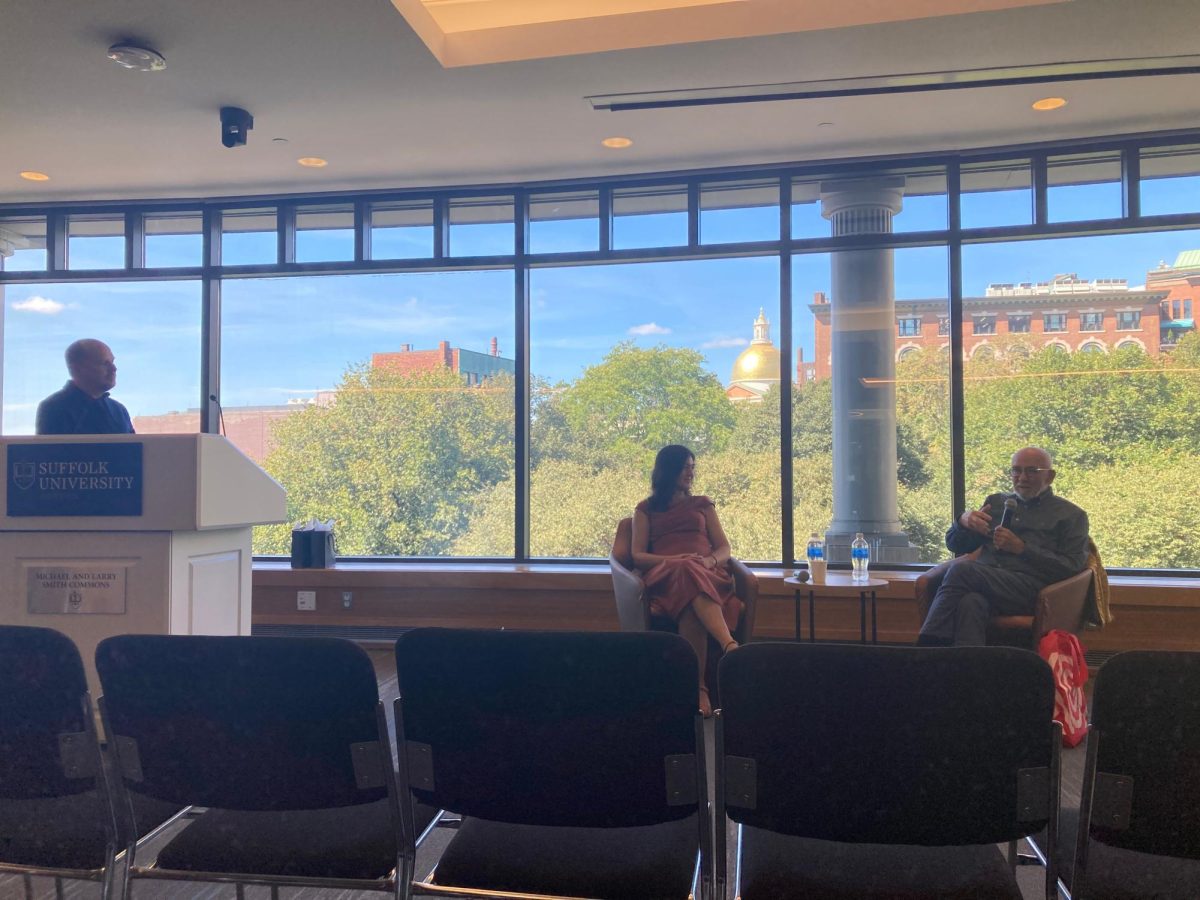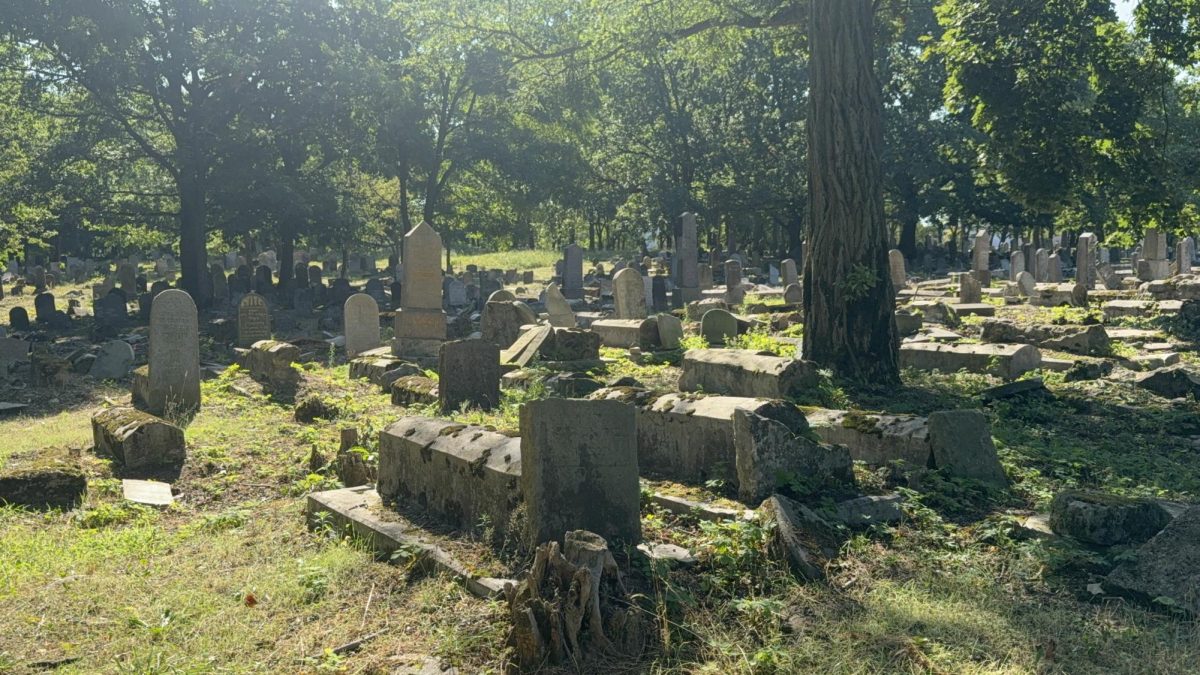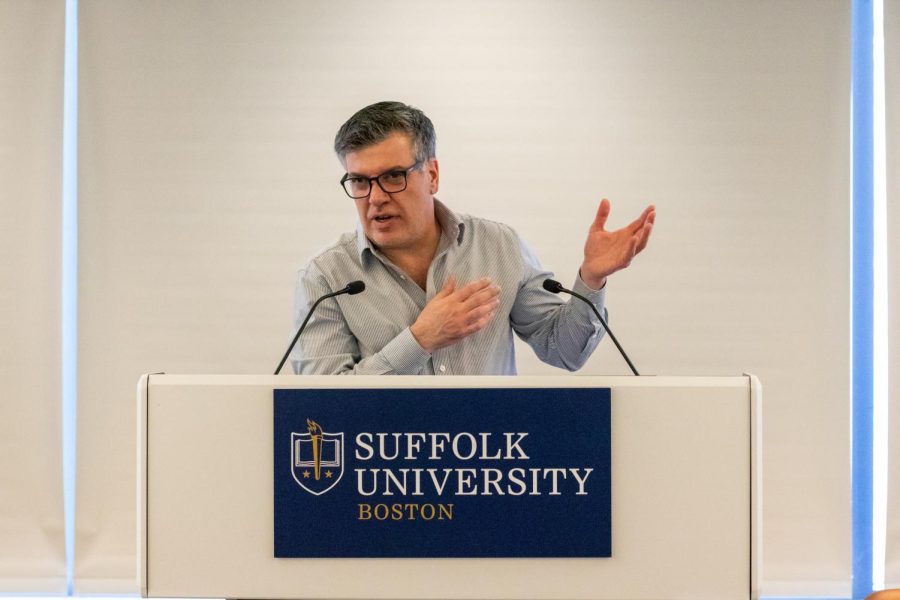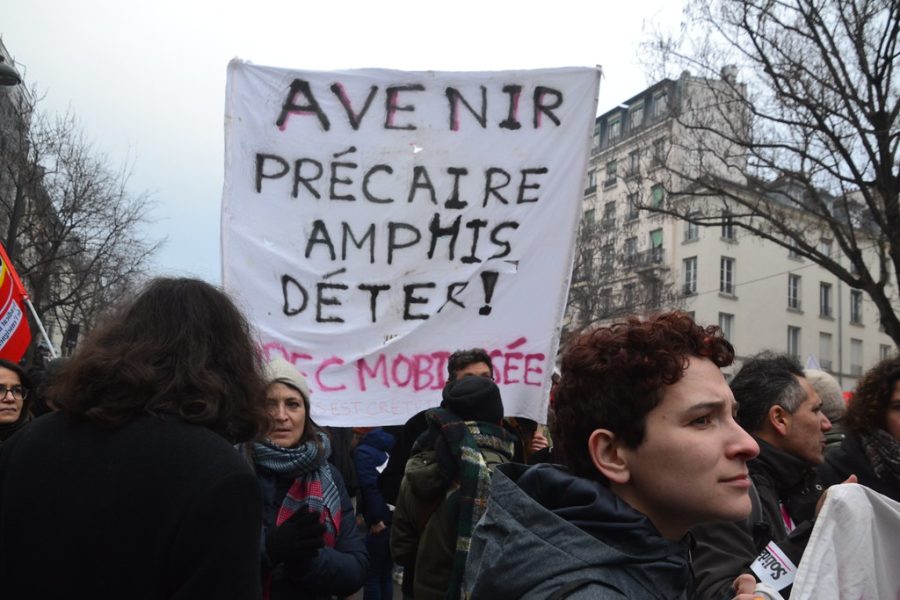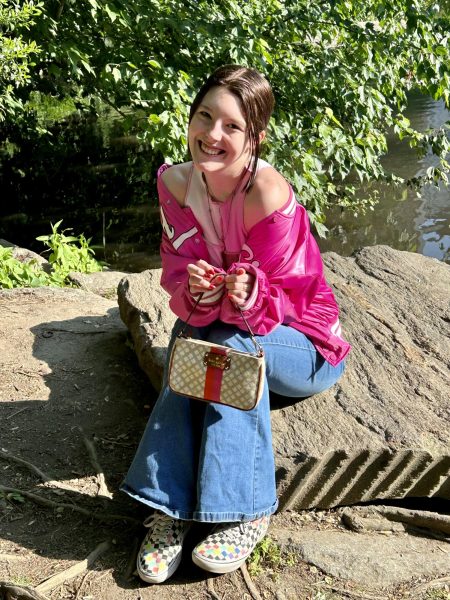The Center for Urban Ecology and Sustainability at Suffolk University hosted Katharine Lange, policy specialist for the Massachusetts River Alliance, on Feb. 23 to discuss the challenges Massachusetts rivers face and how Suffolk students can help.
Lange graduated from the University of Connecticut with a degree in political science. She continued her education at her alma mater pursuing a master’s of public administration in environmental policy. After graduating in 2020, she was offered her current role at MRA and has been with them for almost three years.
Flooding and droughts are severe issues affecting not only the country, but also Massachusetts and not many people realize the outcome these problems have on their everyday lives, Lange explained.
With all the pollution and talks of climate change going on in the world, Lange’s career goal is to not only protect and restore Massachusetts rivers but also to work toward creating a better ecosystem.
Massachusetts has been experiencing severe droughts; more frequently now than ever. Despite being a typically wet and full-of-precipitation region, Massachusetts had droughts in 2016, 2020 and 2021.
“It’s something we have to adapt to. Mass. is not used to having extreme droughts,” Lange said. “We’re not used to this kind of dry river. We are used to being water abundant.”
She went on to say that many towns in the state try to enforce water conservation to help the environment, however, it rarely works when surrounding towns don’t partake in the same initiatives.
Lange also touched upon bill making and legislature, giving a brief overview of how a bill is made and highlighting that less than 10% of bills are passed and become laws.
Out of about 7,000 bills sent to legislatures, very few actually become laws, causing a setback for these activists fighting for climate change. If the law does not pass, it must wait two years before it’s brought up again. This places so much more importance on getting a bill passed.
“You do not need any experience in contacting legislators on the state level,” Lange said. “But this certainly also applies to local-level advocacy. Talking to your neighbor, your selectman, whoever, or the federal also.”
Lange added how it is the legislator’s job to represent their constituents. She highlighted that they can’t do that if they don’t know what their people want. This is why it is so important for everyone to reach out to their state representatives, she said.
“Give ‘em a ring, give ‘em an email, it truly takes five minutes,” Lange said.
Laura Martone, a sophomore pre-law major, said although she is recycling, composting and shopping sustainably, there is more she can do to help prevent climate change.
“It can be overwhelming, but I guess you just gotta take it one day at a time, do what you can control … you know I can’t control the oil spills,” Martone said.
Massachusetts Rivers Alliance is hosting the fourth biennial Lobby for the Rivers Day on March 15, where state legislators will hear from river advocates across the state.
Follow Kayla on Twitter @blonigenkayla.





